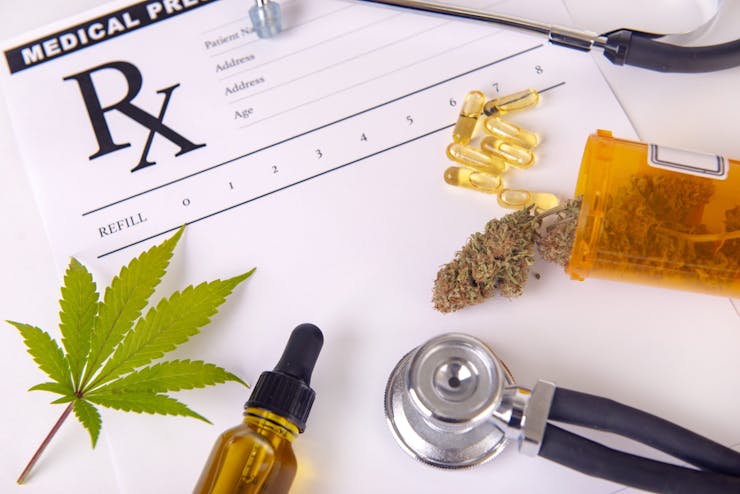

Medical cannabis in Canada has been legal since 2001, long before an adult-use retail market came to be. But more than two decades later, there are still many misconceptions and questions about it.
The Cannabis Act came into force on October 17, 2018. Since that date, new regulations have replaced the Access to Cannabis for Medical Purposes Regulations (ACMPR).
Patients should know medical cannabis isn’t regulated the same way prescription medications are. There is no such thing as a “medical marijuana card” in Canada. There is nolonger a physical card to carry and patients do not have to register with Health Canada (unless they are growing).
In Canada, a place that will sell you cannabis directly is not a clinic. It’s a dispensary.
In most cases, you can’t just walk into your family doctor or go to a pharmacy. Instead, individuals can self-refer to a doctor who specializes in medical cannabis and register with as many mail-order providers (licensed producers) as they need, free of charge.
Since cannabis retail stores are plentiful, some patients don’t feel the need to see a doctor for their cannabinoid treatments. However, there are many advantages to using cannabis prescribed by a healthcare practitioner who is knowledgeable about its therapeutic uses.
If you are using cannabis to treat certain conditions or side effects, it is wise to consult with a doctor who understands cannabinoid treatment, as well as any interactions with prescription medications. The majority of medical cannabis patients in this country started their journey at an authorized clinic.
Contact one of the many specialty clinics that act as middlemen between doctors, patients and licensed producers. These clinics set up consultations with physicians who assess candidates for medical cannabis suitability and then write prescriptions (i.e. medical documents) for those who are suitable.